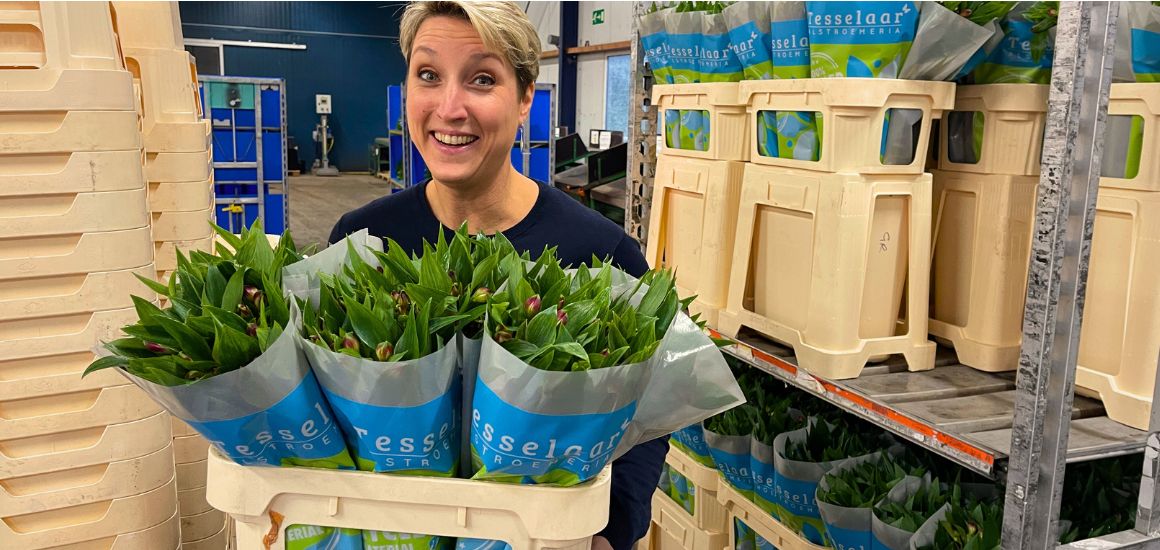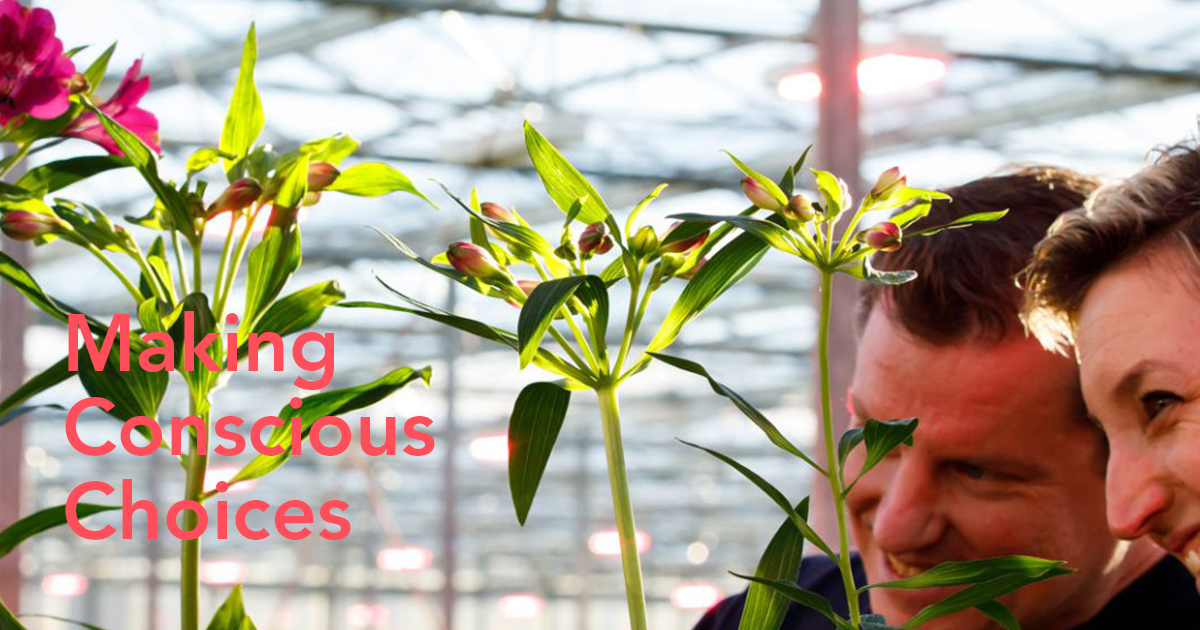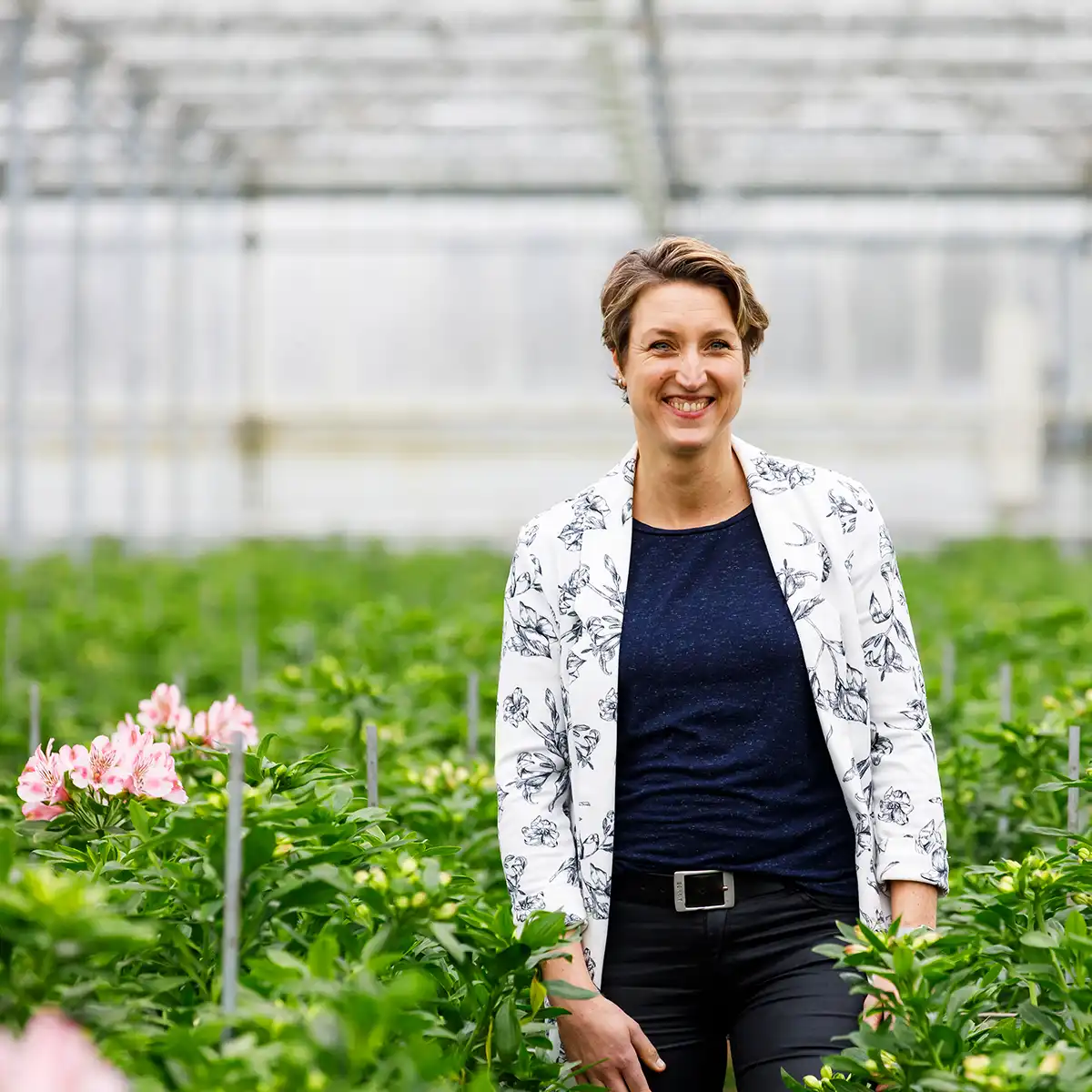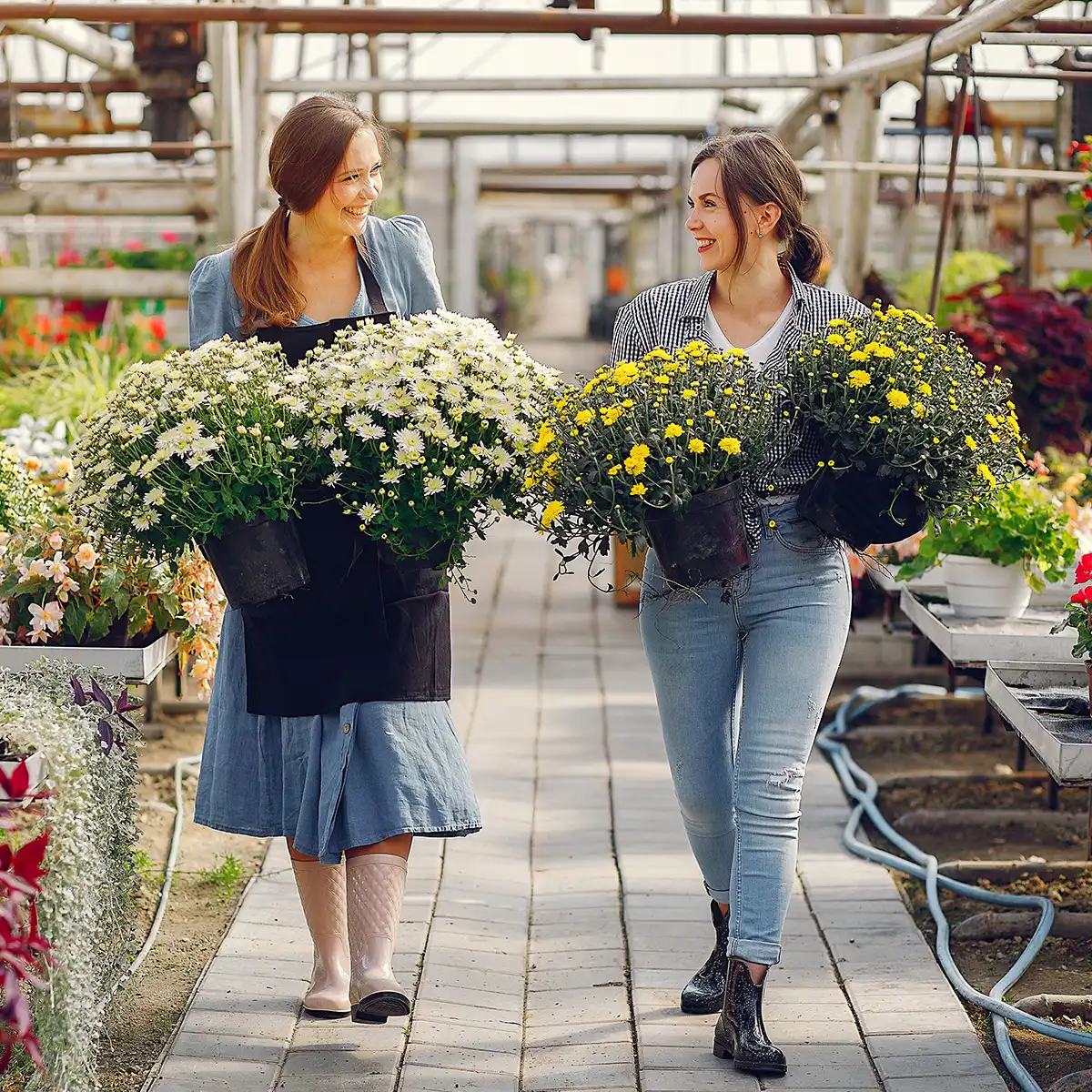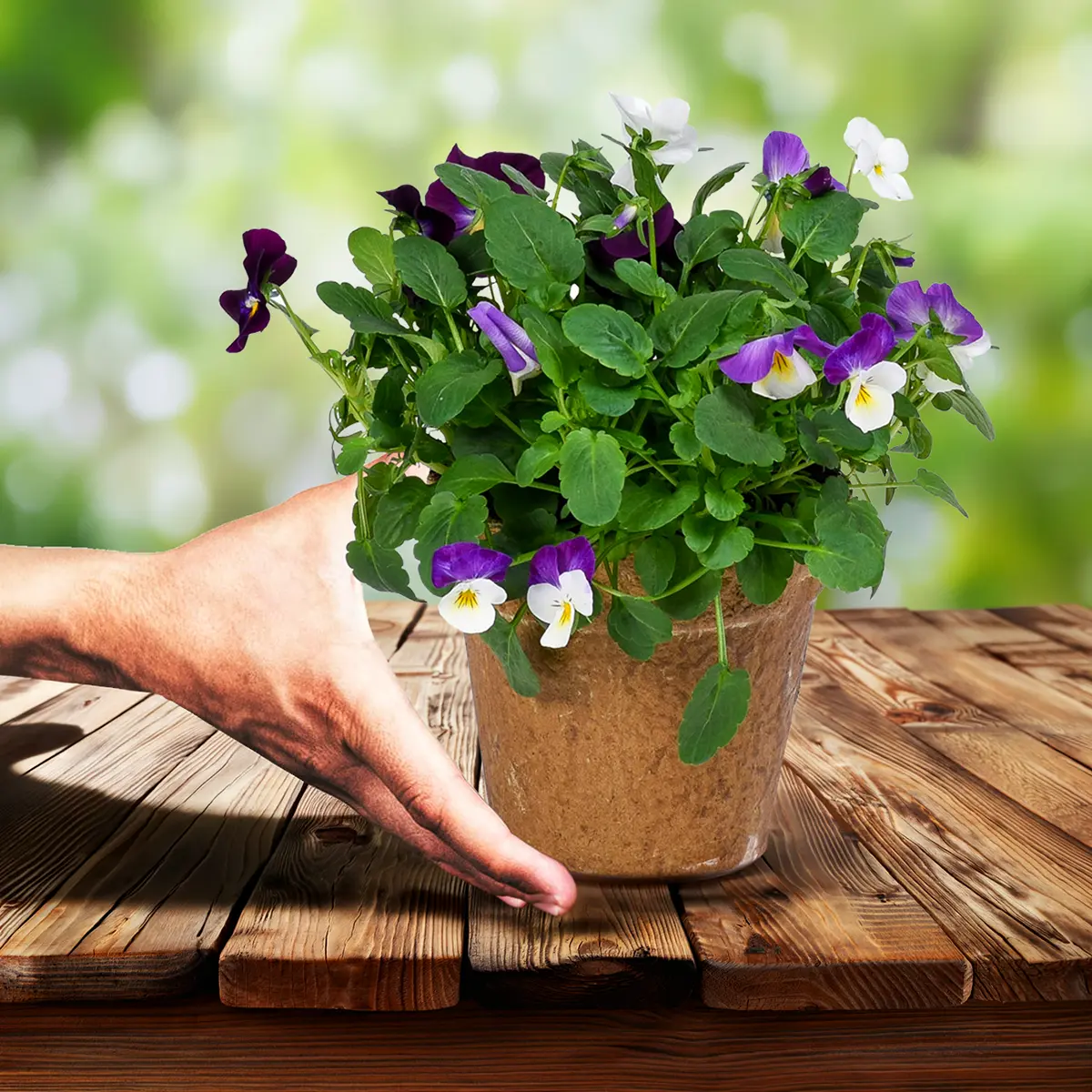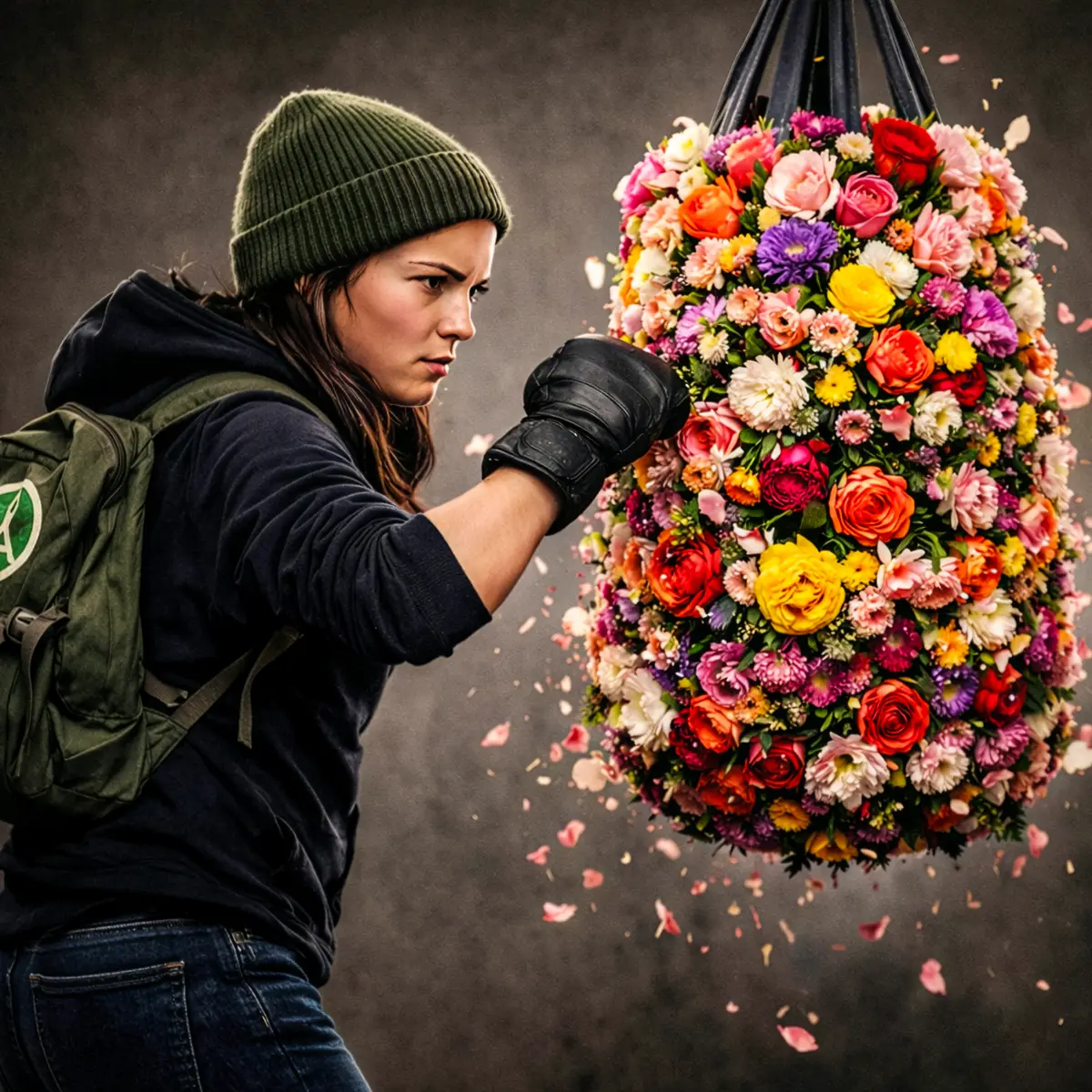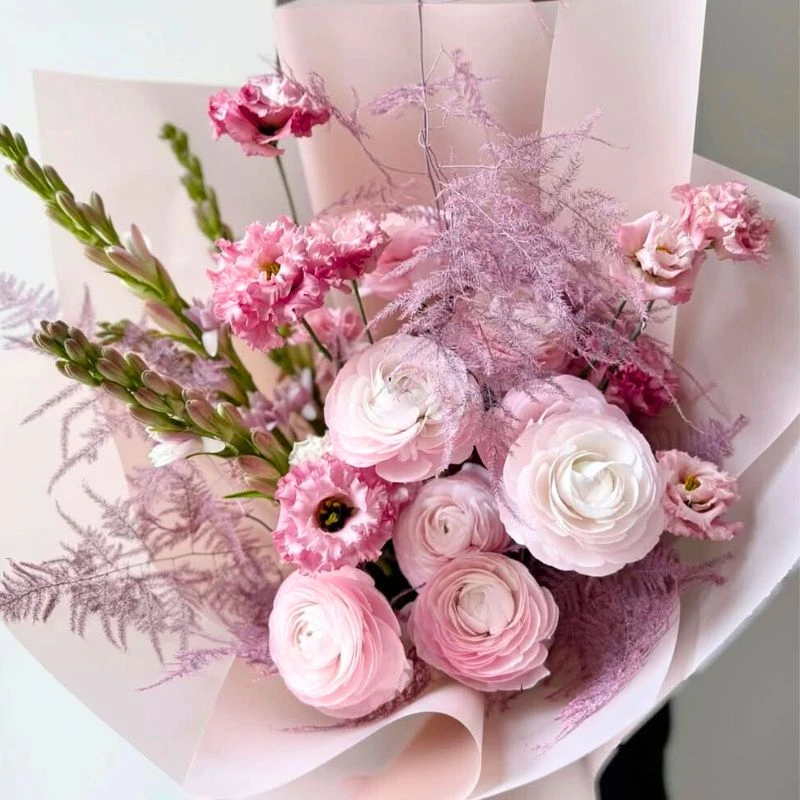The Netherlands might be a small country, but it's the number one flower exporter globally. The Netherlands exports over $4.6 billion in cut flowers a year, making it by far the world's largest exporter (47% in 2023) before Colombia (20%), Ecuador (9.5%), Kenya (6.4%), and Ethiopia (2.2%). What makes the tiny Netherlands such an important global flower industry is partly related to Holland being pretty crowded.
Karolien Tesselaar from Tesselaar Alstroemeria:
"Our land is quite expensive, and labor is expensive, so we have to be more efficient than others to compete. And that competition drives innovation and technology."
Here is the story of how a forward alstro grower from the Dutch polder teaches the world about sustainable agriculture, as it is both driven and forced by the limitations that a small yet cleverly located country encounters.
Mind you: Alstroemeria might not be one of the front runners in sheer numbers (it is estimated to represent 2% of the Dutch cut flower export value), but in terms of sustainability matters, buying alstros would definitely be one of your most conscious choices.
Tesselaar Alstroemeria's Durability, Versatility, and Sustainability
Tesselaar is an example of a sustainable, innovative way of growing cut flowers. This grower is known for its durability and versatility. Its Alstroemerias are grown all year round in all kinds of colors, with fifteen varieties in various grades. This way, they can supply all parts of the market, from customization to wholesale, florist, and retail.

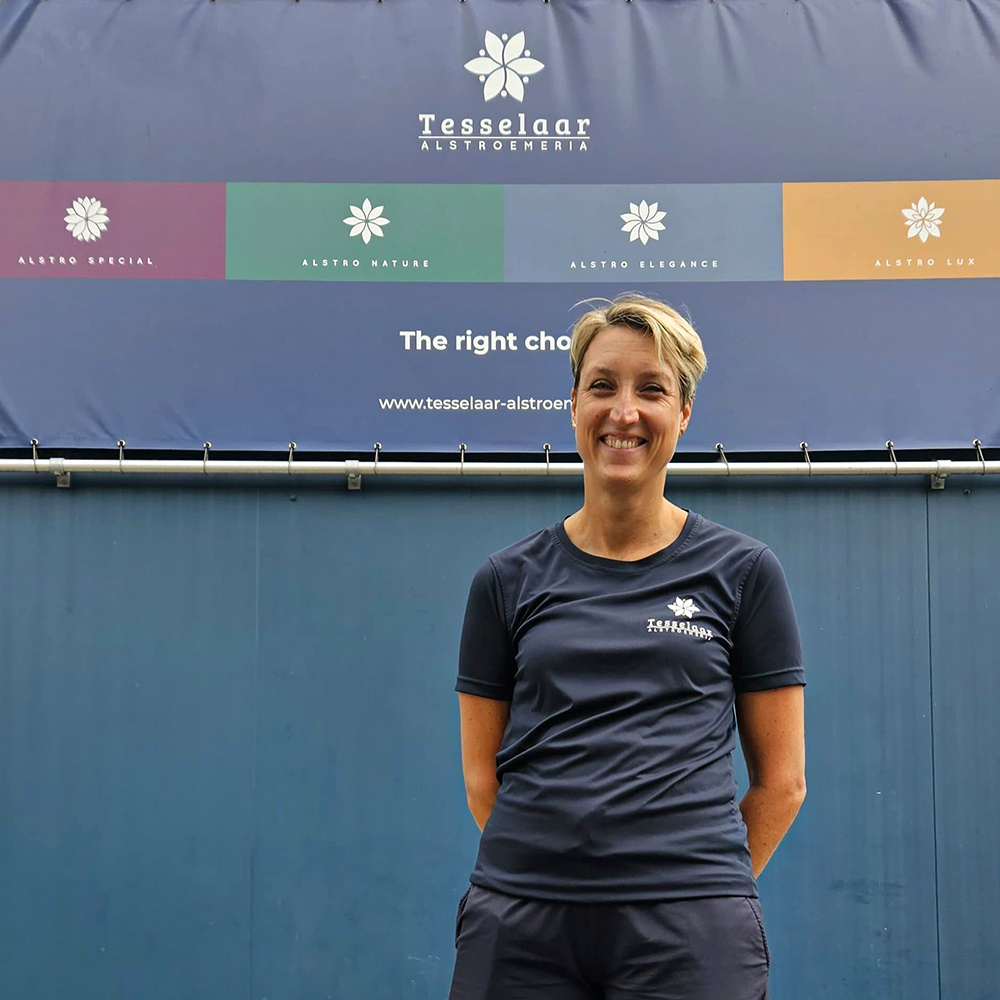
Since its very start back in 1989, Tesselaar has been using the latest technologies to heat its greenhouses and illuminate the crops. The plants grow in the open ground, soil that is well cared for, so that the alstros receive the best possible nutrition. Here, too, this grower is moving towards natural products instead of artificial fertilizers, etc. Almost no pesticides are used, and the farm controls its crops in a way that a mixture of qualities is produced so that every flower grade finds its purpose.
The greenhouse has a special roof to conserve heat, as well as LED lights. This means the plants can keep growing through the night. Tests are being done with various coatings to better retain heat and get better light so that the plant grows more beautifully.
Precision Farming
All of this means the team at Tesselaar can produce higher yields of Alstroemerias in less space, using fewer resources. "Our greenhouses cover an area of 10 hectares, and we produce millions of Alstroemerias a year", says Karolien.
The people at Tesselaar Alstroemeria have extensive knowledge and experience in growing these flowers that are so recognizable to most end consumers, even though few can name them. Yet, they are practically always part of the bouquets they buy from florists or at their retailers.
For over 35 years, they have been dedicated to producing the finest Alstroemerias, being a front-runner in sustainability initiatives from the start. According to Karolien, "The idea is we can steer everything very precisely. We use all the new techniques and all the innovations with the minimum impact on the environment."

Tesselaar Alstroemeria was one of the nominees for the Greenovation Award in 2023. The efforts in the field of sustainability, in particular, received appreciation from the jury. In 2024, it was shortlisted as a finalist in the BFA Award 'Grower of the Year' category—quite a nod of support from the UK floral industry.
"We can almost grow the Alstroemeria organically. That is also a new point on the horizon for us: becoming organic. We continue to keep our eyes open for new ways to make our company more sustainable. Whatever happens. Sustainability is our belief."
Sustainable Steps
The company has already taken many steps at this point. Such as the use of flower covers made of recycled material and the use of circular raw materials. The company also supplies residual heat to a neighboring peony grower in the winter. "So, it’s crucial that the innovative agriculture techniques being used in countries like the Netherlands are scaled up and rolled out worldwide. We just need to commit resources in the short term for future gain," Says Karolien."
CO2-free production is the higher goal. They use a computer application to calculate their carbon footprint per stem. They find the footprint a more transparent and fairer system for expressing the environmental impact of their product than a certificate. Karolien clarifies: ""Sometimes sustainable solutions cost a bit more in the short-term, but in the long-term they should be more effective, and that’s actually what we are seeing. You need to have the guts to invest in those kinds of things for the long-term."
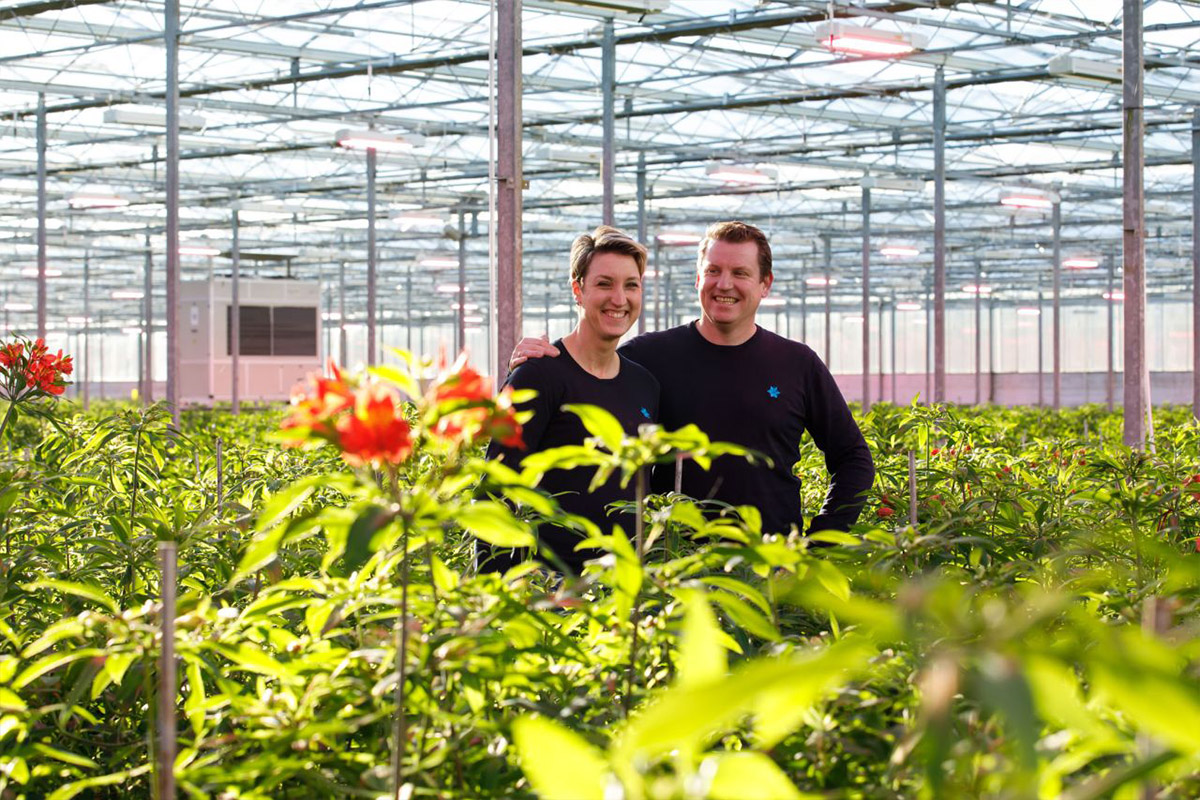
Not Just a Production Company That Makes Flowers
Karolien's husband, Rick, regularly visits other growers in the Netherlands and abroad to look for new techniques and innovations in growing. He wants to supply the most beautiful flowers, and at the same time, be of importance to society as well. Rick explains this is very important to him and his wife; otherwise, they would just be a production company that makes flowers.
Rick Tesselaar:
"There's more in the world than that. Not only the professionalization of the organization is important, but we also have a director, a cultivation manager, even an HR manager, a back office coordinator, and sales. This enables us to do more, for example, commit to a foundation that contributes to our surroundings, like offering a place to people who are distanced from the labor market in the area around the greenhouses."
The production process of the Alstroemeria is mainly done by humans. At Tesselaar, they do their utmost to make sure employees feel at home in their company. Their philosophy is that only together with everyone at the greenhouses can they ensure a beautiful product. Training is an important part of this, but also organizing fun activities together.
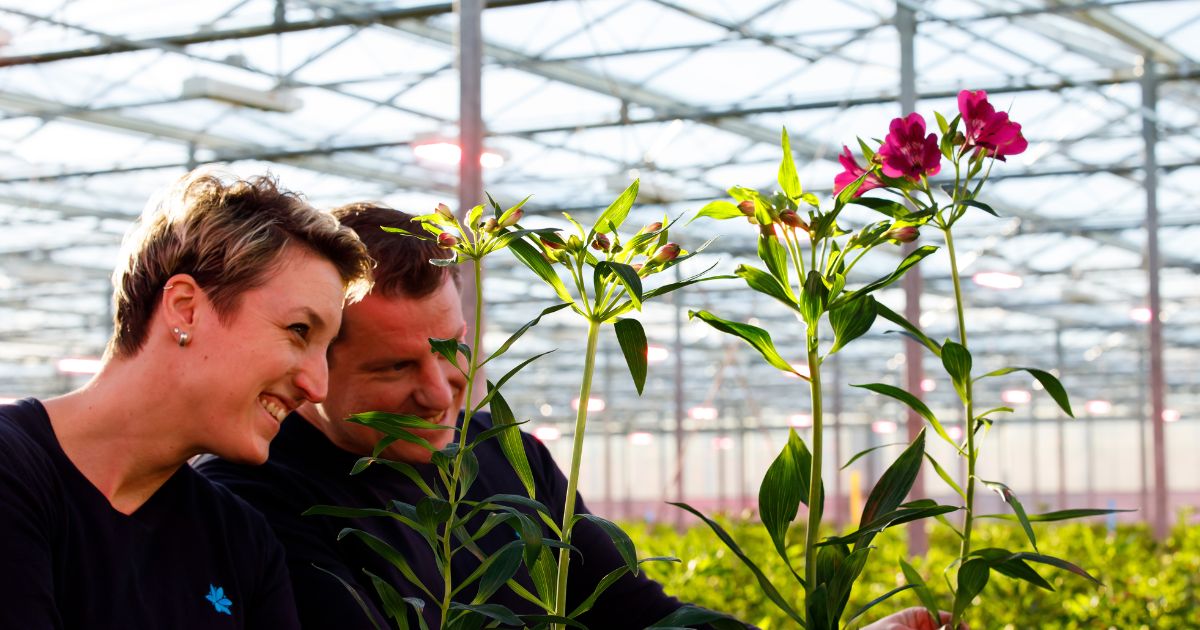
Karolien:
"Making beautiful flowers without a negative impact on the planet, where the people who work on it feel at home and enjoy their work. That is so important to us. People can make careers, and grow within the company: from picker/processor to team leader on the picking team or at the bunching machine. Our manager has been with us for over a decade and has made impressive career steps. We are so proud of him!"
Alstroemerias as the Right Choice
In addition, Karolien thinks it is very important to be in contact with various parties in the sector: what is going on worldwide, what should they respond to as a grower, and, above all, how can they work together to ensure that the flowers that are produced with care will make the end customers happy! In the end, they are not just flower growers; they want to make an impact in the world, make their surroundings better, and put a smile on the face of the people who buy their flowers.
Purchasing Tesselaar is like a statement to do good, acknowledging the importance of being conscious of your surroundings and the most sustainable production of cut flowers possible today. Tesselaar Alstroemeria is The Right Choice.
